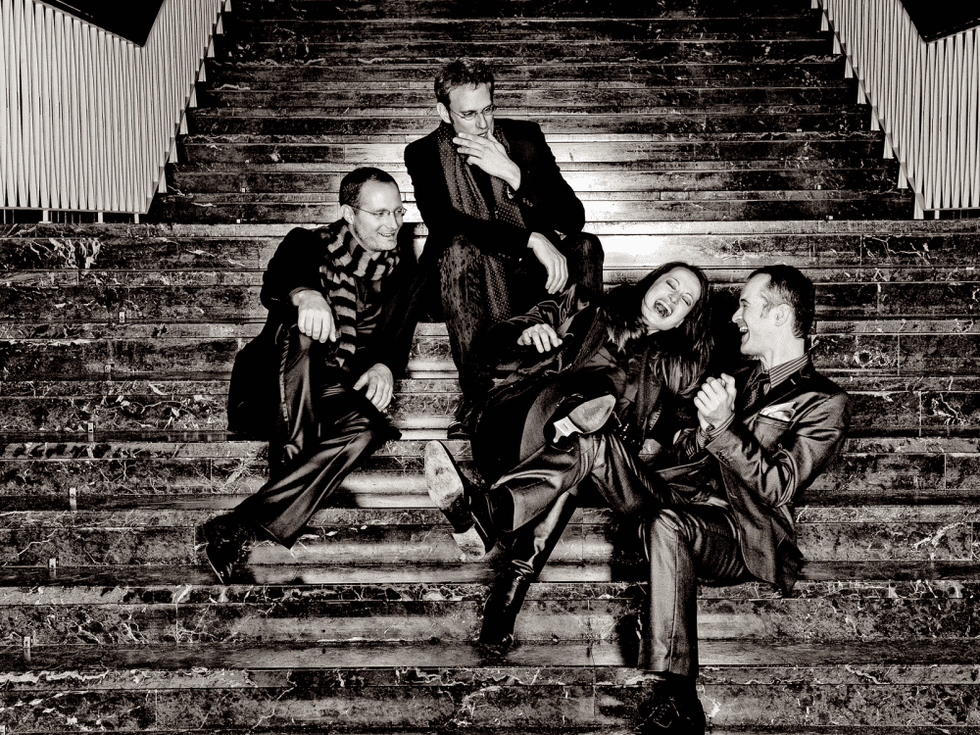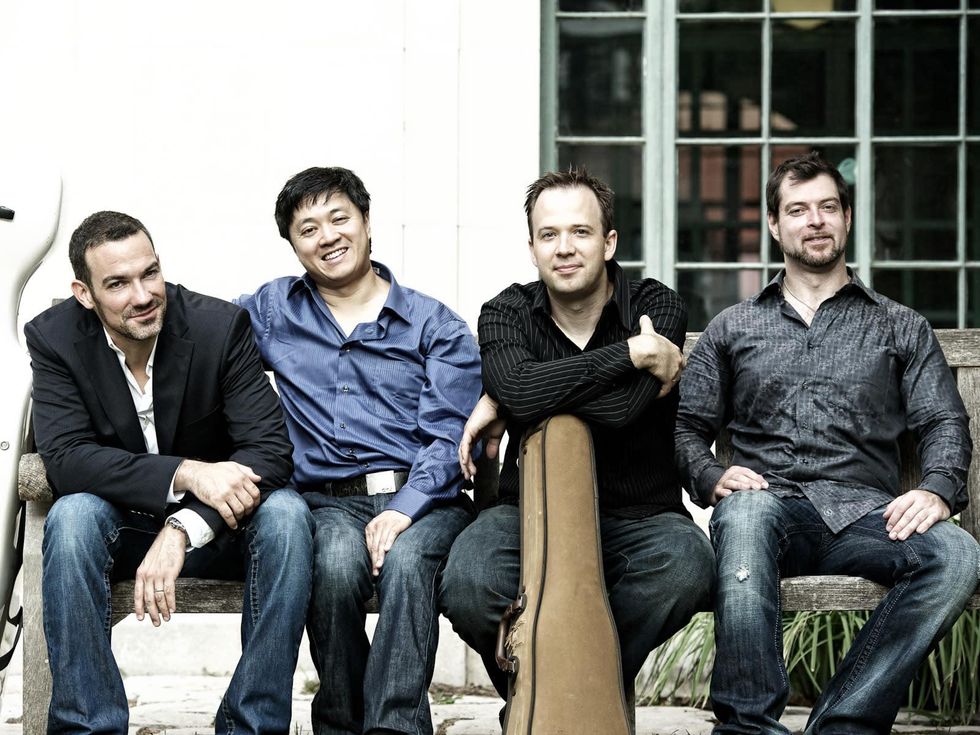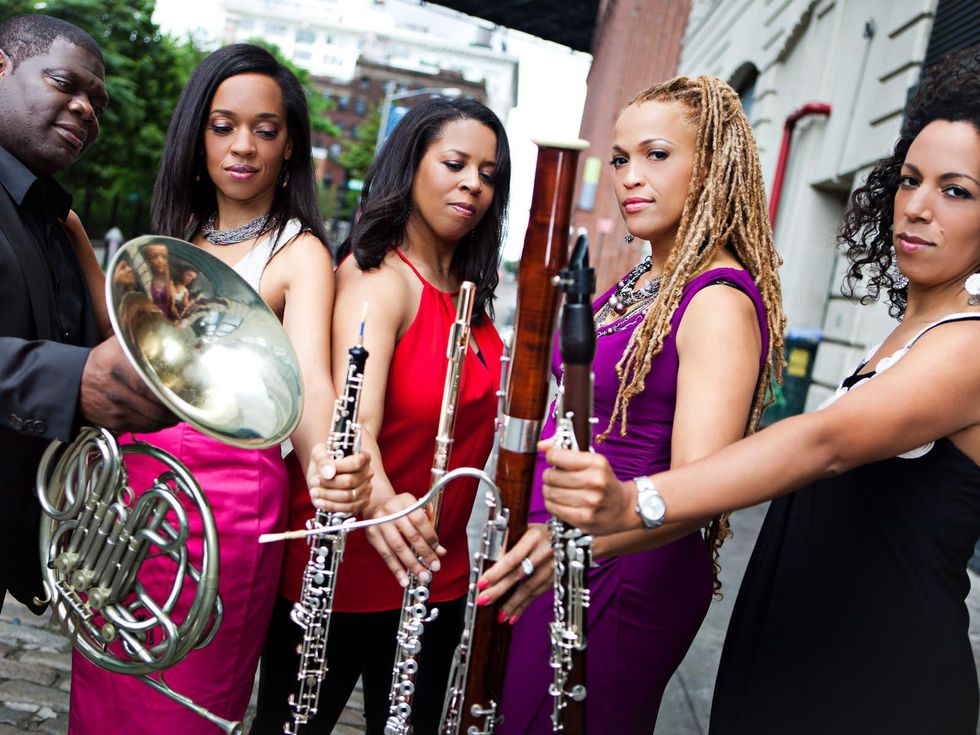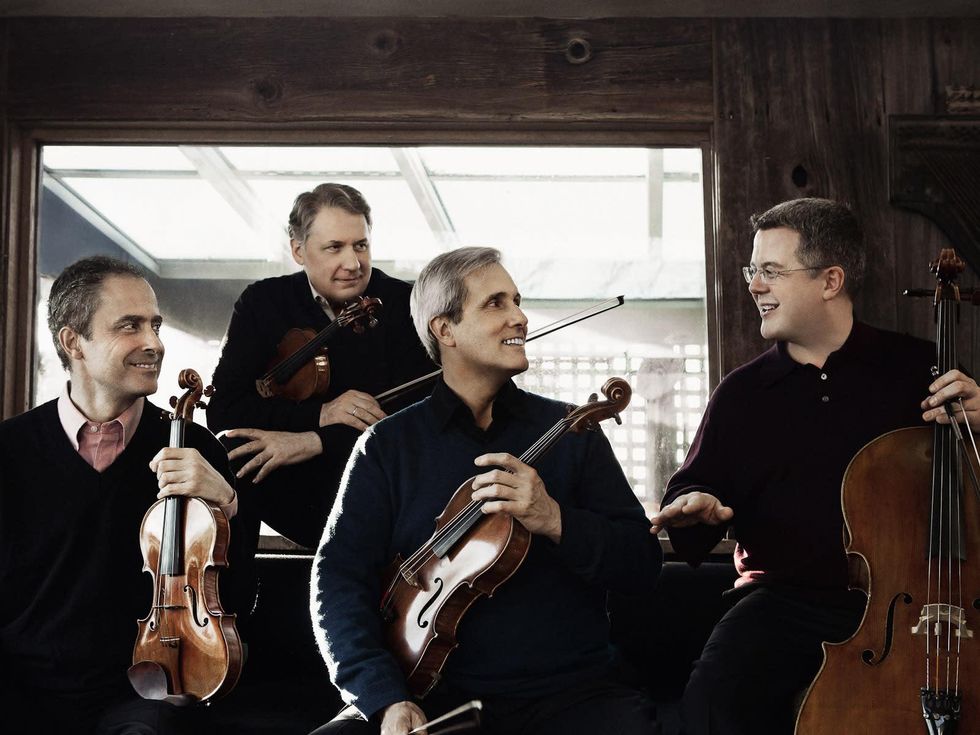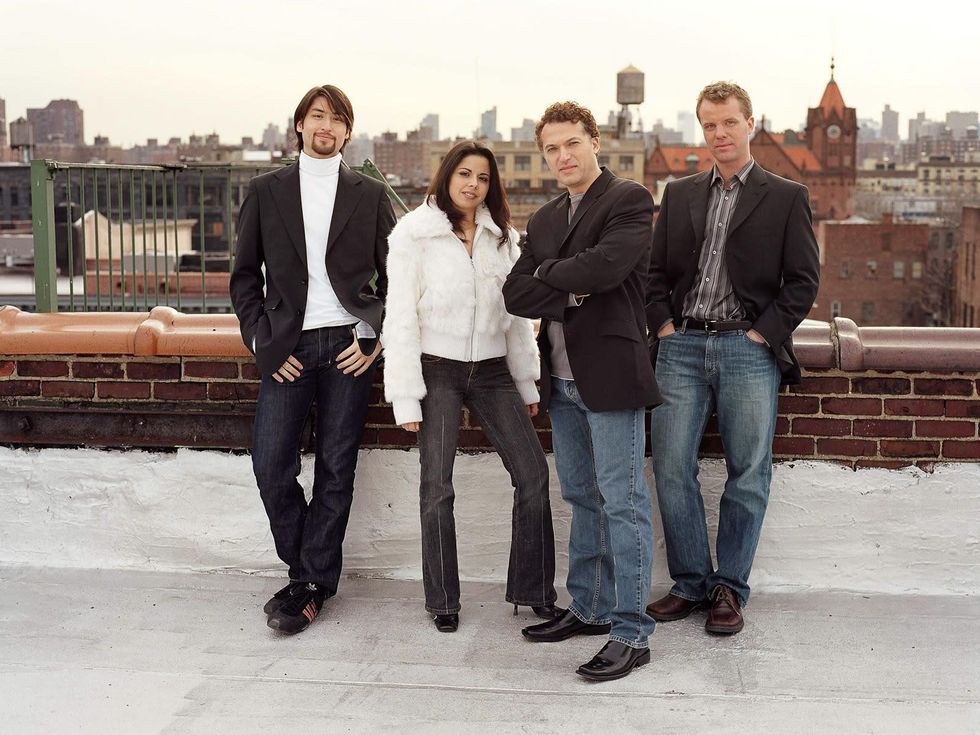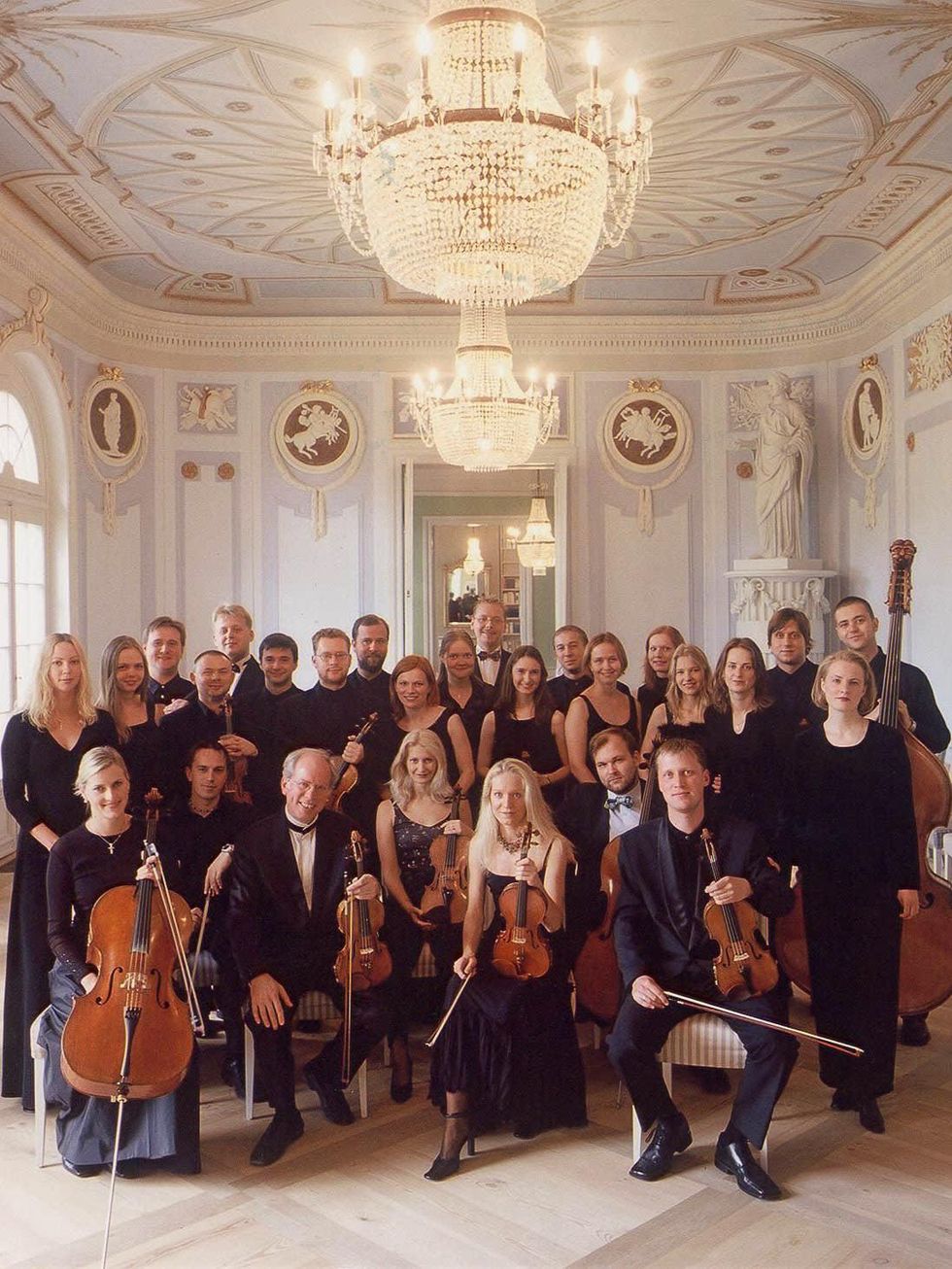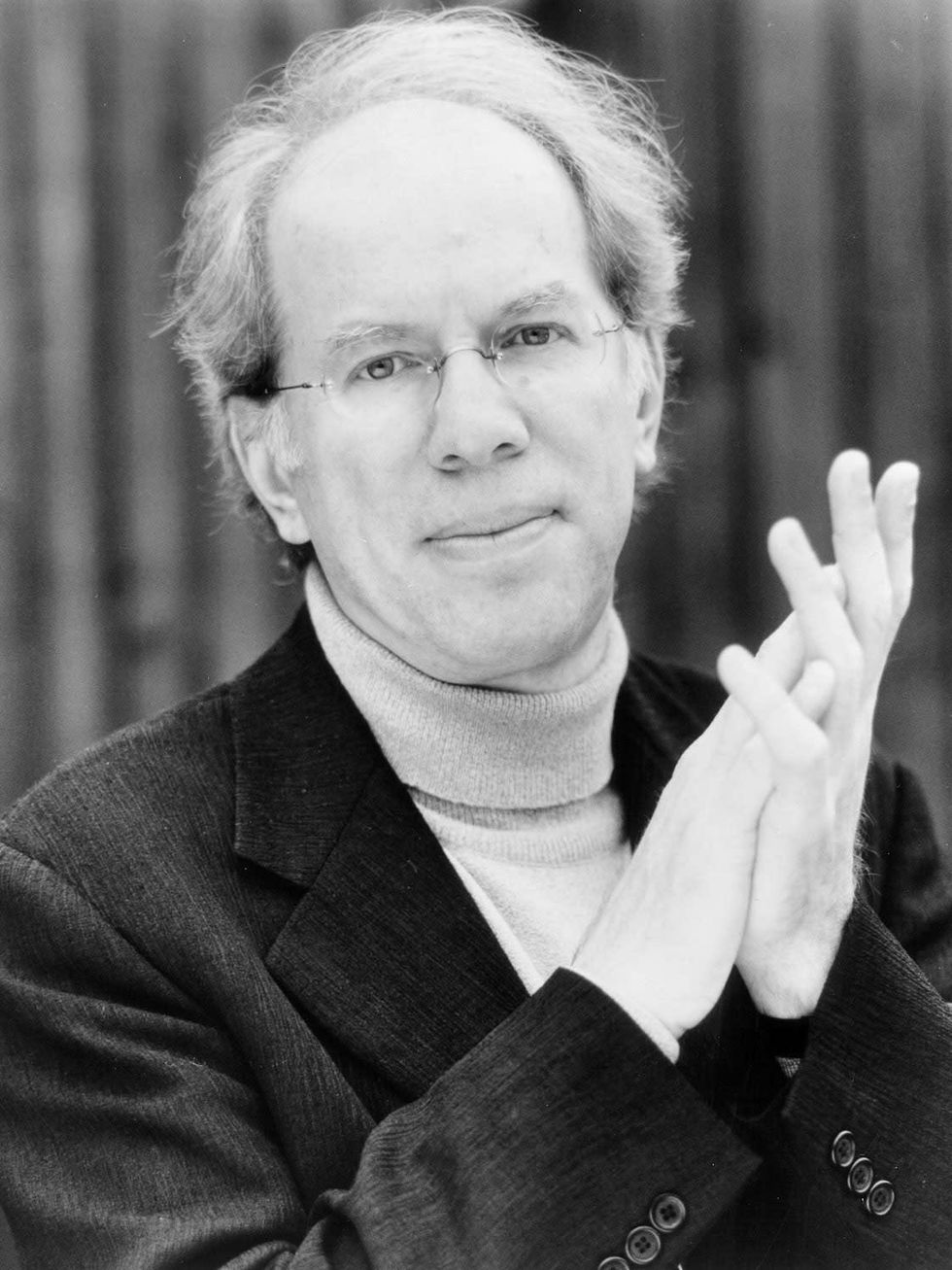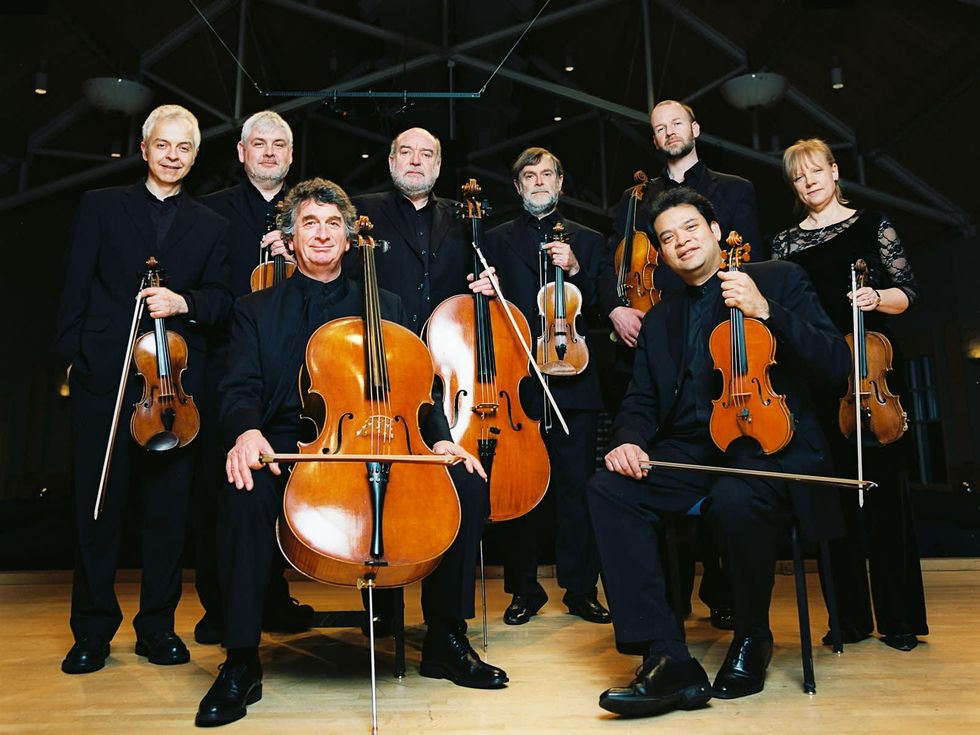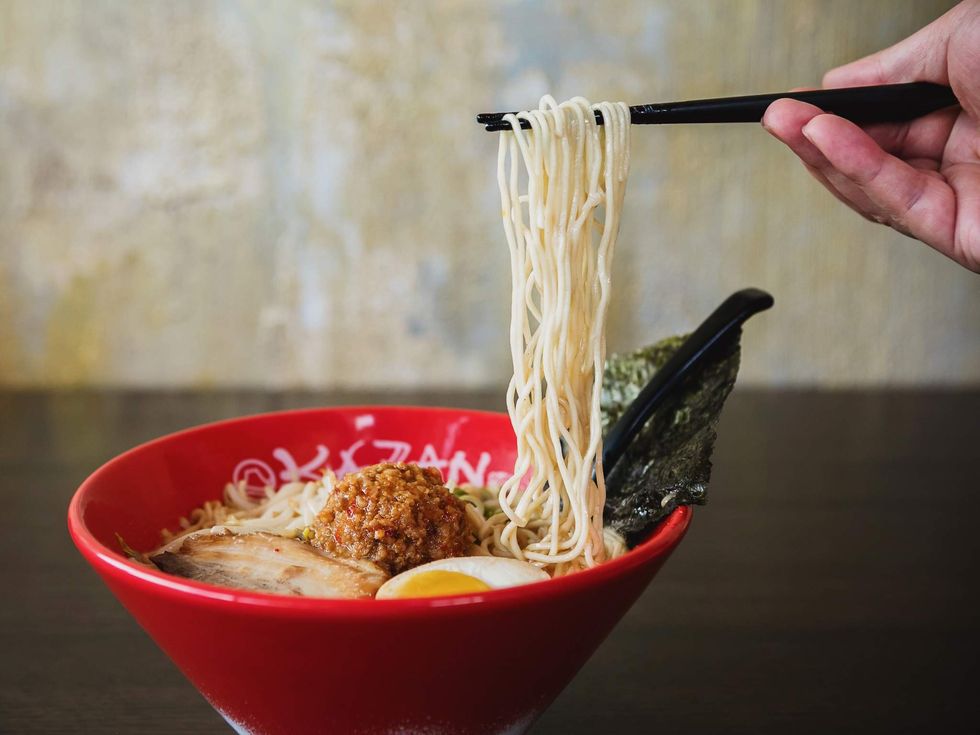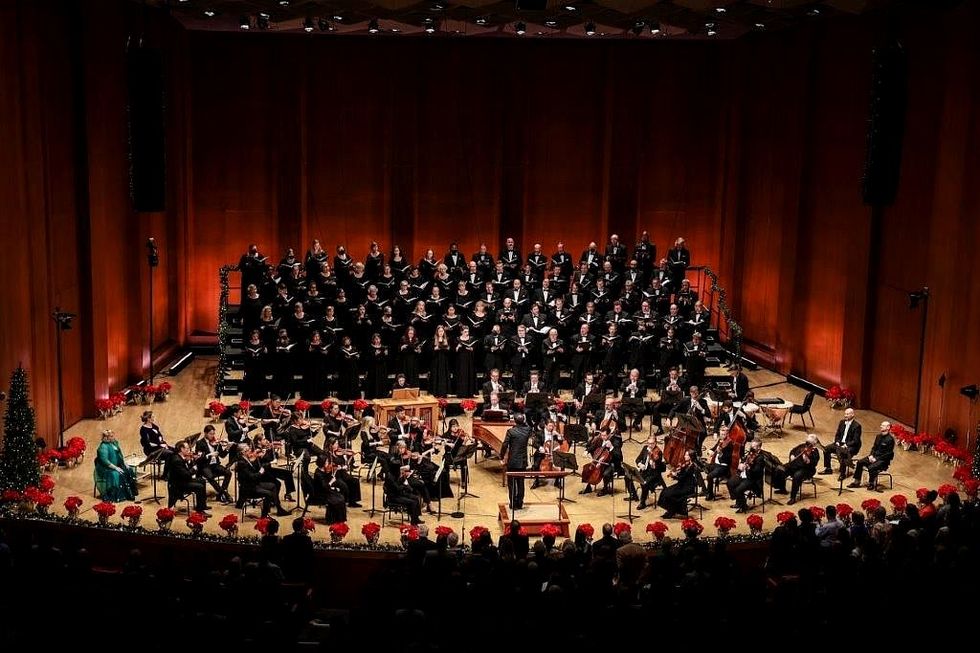Mark your calendars
An intimate, tuneful trip: Houston Friends of Chamber Music 2013-14 season disrobes classical music
Oh, to be a fly on the wall when the Houston Friends of Chamber Music volunteer board gathers to curate its season.
Tucked away in a small conference room at Rice University's Shepherd School of Music, this particular 31-member committee annual meeting is deemed most lively — let's say "entertaining" — as passionate, savvy and opinionated chamber music devotees, most of whom are walking encyclopedias of the genre, amicably "battle" it out to offer their loyal subscriber base a well-balanced menu across the nine concerts set for HFCM's 53rd season.
Among the volunteers is Dr. Daniel Musher, a professor in the Department of Medicine-Infectious Disease at the Baylor College of Medicine, also an accomplished amateur violinist who performs chamber music and with the Texas Medical Center Orchestra. He aspires to find an equilibrium between popular groups for Houston audiences, fresh, never-before heard crews and ensembles that visit the city occasionally.
Something familiar, something new — with just the right shake of salt and pepper.
"I've been taking care of the programing for Houston Friends of Chamber Music since before most were born," Musher jokes.
"Now that it's so easy to have access and listen to classical music, people expect a lot from the live concert experience."
Musher, who spends countless hours negotiating with management firms and poring over contracts, listens to a myriad of recordings — blindly. His wife removes CDs from their jewel cases to keep the identify of the ensembles under wraps. Other board members follow suit.
The process ensures HFCM's programming policy is based largely on artistic merit.
Musher credits the city's electric art scene for the company's devoted and stable subscriber base. But there was a problem that had to be addressed, sooner or later.
"We weren't growing," he adds. "And the board, most of whom are insiders when it comes to chamber music, needed to understand why."
When Lucile Agaisse, a violinist, composer and pianist who holds an MBA degree with specialties in marketing, joined the board last year, her first initiative was to delve deep into research to decipher the proclivities of classical music audiences. She conducted more than 20, one-on-one, two-hour interviews to analyze people's conceptions and misconceptions of the genre.
"Most people didn't know how to describe chamber music," Agaisse says. "But despite that, they knew they wanted more than to be to close to the music, more than to be close to the performers — they wanted to have an intimate experience. And that's exactly what chamber music offers, although the term incites a reaction that's often not positive."
With the arrival of the digital revolution, how people approach classical music has changed, she explains. The abundance of recordings and tracks easily accessed online for free doesn't translate to increased knowledge or awareness. Rather, it leads to confusion. The answer isn't more academic education, she says, but friendly dialogue.
"Now that it's so easy to have access and listen to classical music, people expect a lot from the live concert experience," Musher says. "They want the concert to take them away. A concert is — should be — like a trip into another world, and the performers are here to guide them into this world."
HFCM's 2013-14 season, dubbed "Classical Music: Closer than Ever," aims to address those concerns. Expect wine and cheese socials at intermission and ensembles to chat with audience members from the stage and during post-concert meet and greet receptions.
FRESH, UNEXPECTED FLAVORS NEW TO HOUSTON
Unlike other professional yet occasional wind quintets, Grammy nominated Imani Winds (Oct. 15) is a fulltime group focused on advancing the scope of the collage of sound manifested from five disparate instruments. Arrangements of tunes like Mendelssohn's Scherzo from A Midsummer Night's Dream and Ravel's Le Tombeau de Couperin are trendy for wind ensembles. But Stravinsky's The Rite of Spring? That's hot, and so is Palestinian-American composer Simon Shaheen's Dance Mediterranea.
The Elias String Quartet (March 25, 2014) is among the next generation of string foursomes whose intense and energetic recordings of standard repertoire are giving listeners something to talk about. As described by The Strad, look forward to a "heaven-storming performance" with Beethoven's String Quartet in E Minor, Op. 59, No. 2, Debussy's String Quartet in G minor and a work commissioned for and premiered by the Elias, Sally Beamish's Reed Stanzas, that nods to the British composer's home in Scotland.
Although Kremerata Baltica with Gidon Kremer (Feb. 4, 2014) isn't a stranger in contemporary music circles, especially at the hands of its Latvian rock star violinist, this performance marks its HFCM debut with a program of 20th century compositions. Weinberg's Concertino for Violin and Strings, Shotakovich's Violin Sonata and Britten's Variations on a Theme of Frank Bridge comprise an unusual, risqué playbill.
A SPRINKLING OF SALT & PEPPER
Now that the Tokyo String Quartet has retired, HFCM is seeking a group to take their place as a local favorite that either kicks off or ends each season. The Miró Quartet (Sept. 17), currently on residence at the University of Texas at Austin, has strong Houston roots. In fact, when violinist William Fedkenheuer was studying at Shepherd with Kathleen Winkler, he worked as an usher for the company's events.
This homecoming of sorts opens the season with Schubert's Quarttersatz and Beethoven's String Quartet No. 7 in F major "Razumovsky." Adding spice to the musicale is Philip Glass' String Quartet No. 5.
The through-composed program of The King's Singers (Dec. 9) — think show choir of a classy echelon —will highlight its impeccable a cappella virtuosity. The Pacifica Quartet's (Jan. 16, 2014) colorful affect will do justice to pieces by Haydn, Brahms and Shostakovich's String Quartet No. 7. The Fauré Quartett (Feb. 25, 2014) returns with works by Strauss, Mozart and Frank Bridge.
MUSICAL MEAT & POTATOES
The Academy of St. Martin in the Fields Chamber Ensemble (Nov. 7) could have performed the Mendelssohn Octet, but that would have been predictable. Instead, the string players' elegant, European aesthetic will offer Brahm's Sextet in B-flat major, Enescu's Octet in C major and — wait for it — Shostakovich's Prelude and Scherzo for String Octet, a rarely performed piece.
The Emerson String Quartet (April 29, 2014), in its new configuration with cellist Paul Watkins replacing David Finckel, will close the season with a meat and potatoes program of Haydn's String Quartet No. 3 in G minor, Op. 20, Mozart's String Quartet in E-flat major, K. 428 and Beethoven's String Quartet No. 8 in C major "Razumovsky."
___
Subscriptions to Houston Friends of Chamber Music series can be purchased by calling 713-348-5400 or online. Full season tickets start at $190 for adults, $185 for seniors and $90 for students. A three-concert package is available starting at $25 per concert for adults and seniors.
